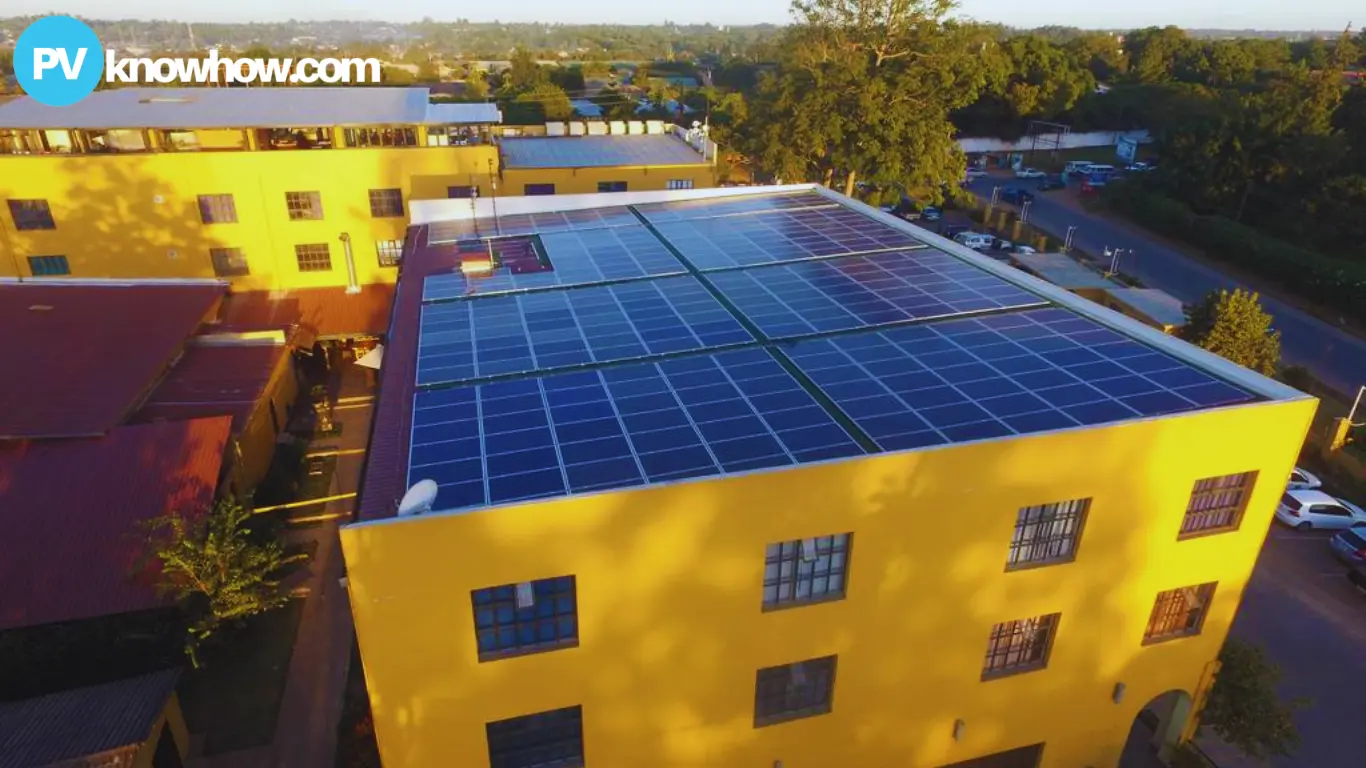Zambia is addressing its energy crisis by focusing on solar projects through key agreements with Power China. These solar projects aim to reduce the country's dependence on hydroelectric power and boost energy security.
Solar Projects to Tackle Energy Crisis
Zambia is taking a major step towards solving its energy crisis by turning to solar projects. Recently, a series of agreements were signed between ZESCO, Zambia’s power utility and Power China.
These agreements focus on reducing the country’s dependence on hydroelectric power, which has been severely impacted by ongoing droughts. Solar projects are expected to be the game-changer in providing energy security for Zambia.

Zambia is advancing its energy security with new solar projects, including rooftop systems and major PV plants, as part of a broader strategy to reduce dependence on hydroelectric power.
The agreements cover a broad range of solar projects. One of the key deals involves rooftop solar systems that will be installed across the country. This move will help provide renewable energy to homes and businesses in Zambia.
Another major project is the Kariba North Solar Photovoltaic (PV) system, which will boost the country’s power grid. There is also an agreement for the Kafue Gorge Lower Solar PV power plant. All these projects will contribute to reducing the energy deficit.
Zambia’s President, Hakainde Hichilema attended the signing of the agreements. He stressed the importance of diversifying the country's energy sources to prevent future energy shortages.
The President made it clear that relying solely on hydroelectric power is no longer sustainable. Climate change is making Zambia more vulnerable to droughts, which directly affect power generation.
Securing Zambia’s Energy Future
The impact of the drought on Zambia’s economy has been severe. According to President Hichilema, energy insecurity has had a ripple effect on various sectors of the economy.
He particularly highlighted how the crisis has affected vulnerable groups, especially women and youths. He stressed that moving towards solar energy is vital to protect Zambia’s economy and its people from further hardship.
The focus on solar projects also aligns with Zambia’s goal to become more climate-resilient. The country can build a more stable and diverse energy sector by relying less on hydroelectric power.
This shift is especially important as Zambia continues to face unpredictable weather patterns due to climate change. Solar energy is a sustainable alternative that can provide a reliable power source even when droughts hit.
The signing of these agreements is seen as a critical step in securing Zambia’s energy future. President Hichilema emphasized that Zambia is committed to finding lasting solutions to its energy challenges.
The development of solar projects is a clear indication of the country’s determination to diversify its energy sources. Solar power will not only address the immediate energy deficit but also help Zambia achieve long-term energy security.
Solar Projects: A Beacon of Hope
The rooftop solar systems, Kariba North Solar PV project, and Kafue Gorge Lower Solar PV plant are expected to significantly boost Zambia’s energy capacity. These solar projects are designed to provide a sustainable solution to the country’s energy problems.
Once these solar projects are completed, Zambia will see a noticeable improvement in its power supply. The reliance on hydroelectric power will decrease, making the country less vulnerable to the effects of drought.
The solar projects will also reduce the pressure on the existing power grid, ensuring a more stable and consistent energy supply for both homes and industries. As Zambia continues to face challenges due to climate change, these solar projects are seen as a beacon of hope.
Zambia’s focus on solar projects is a crucial step towards solving its energy crisis. The agreements with Power China represent a bold move to diversify the country’s energy sources and reduce dependence on hydroelectric power.
Solar energy offers a sustainable and reliable solution to the challenges Zambia faces due to climate change. These solar projects are expected to bring long-term benefits to the country by providing a brighter future for all Zambians.
